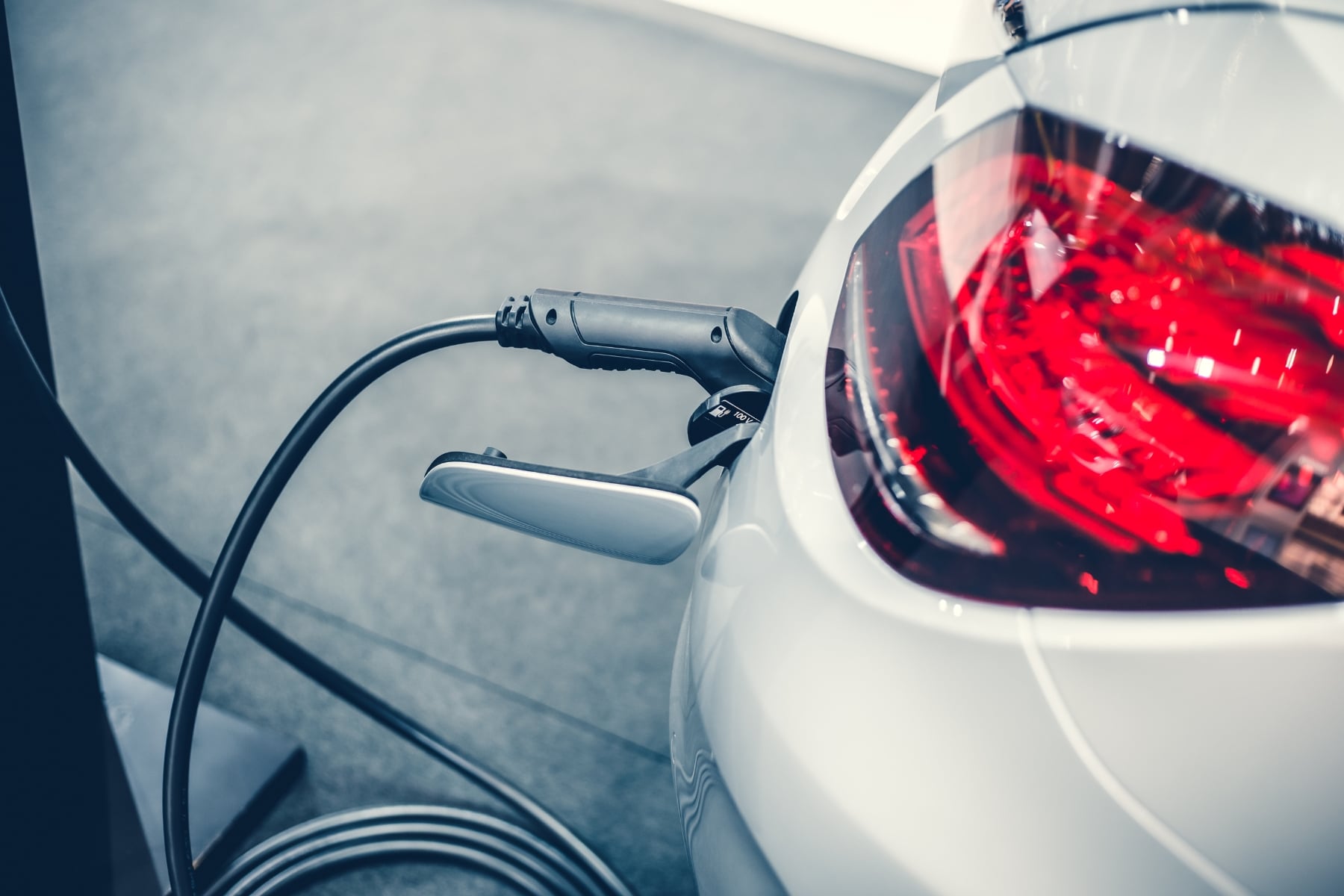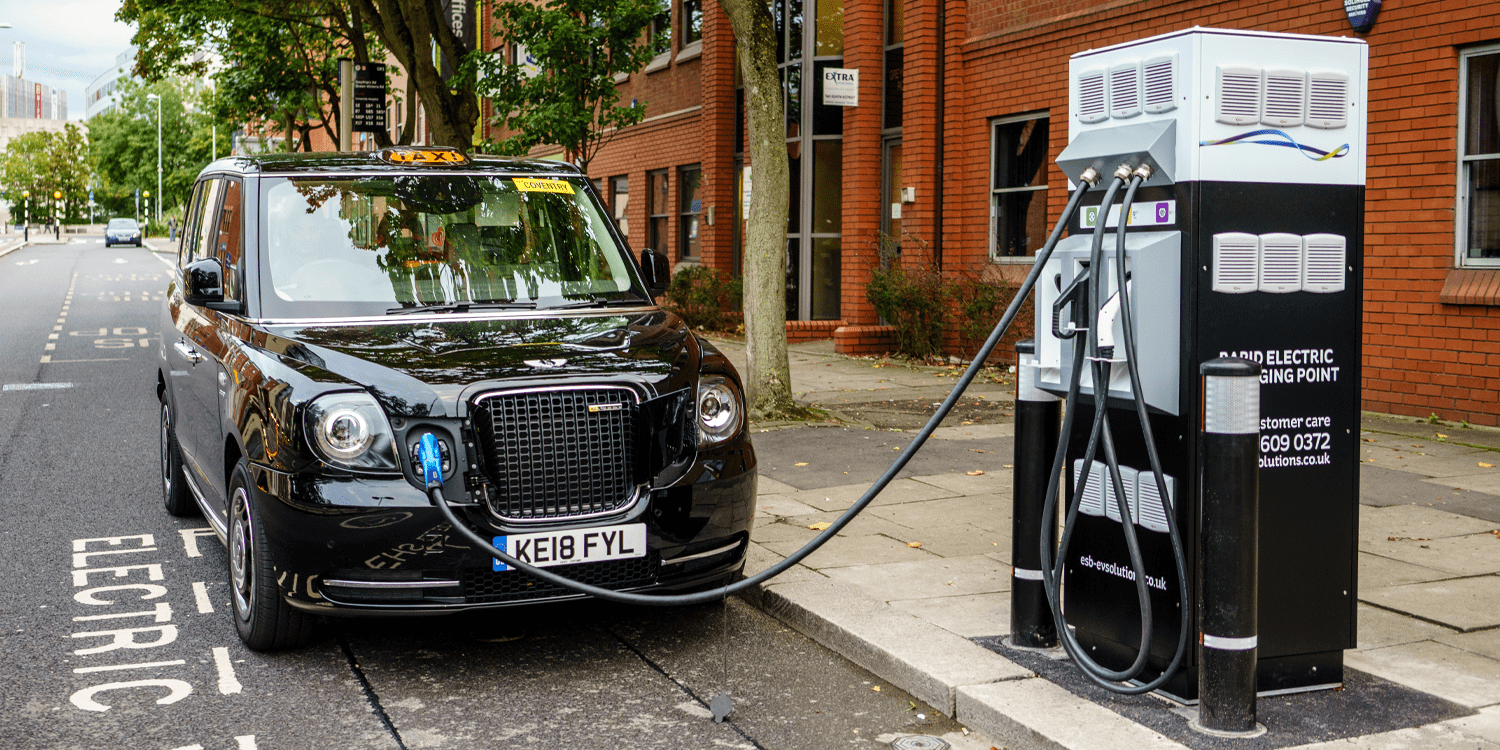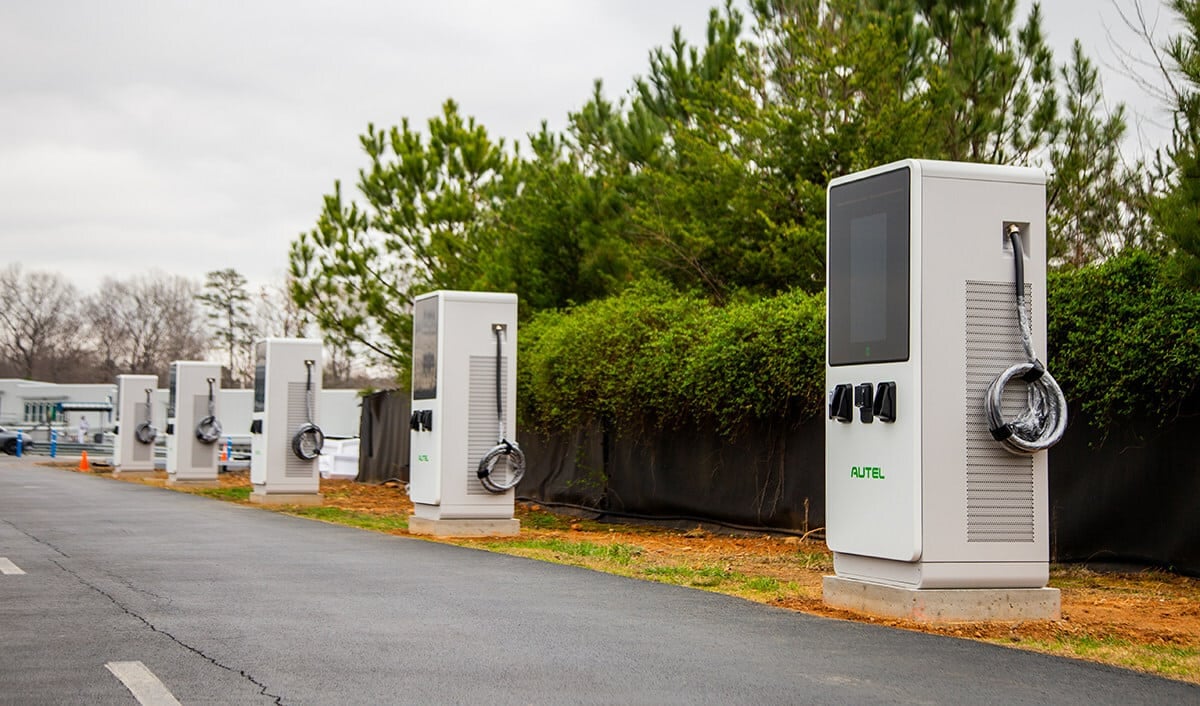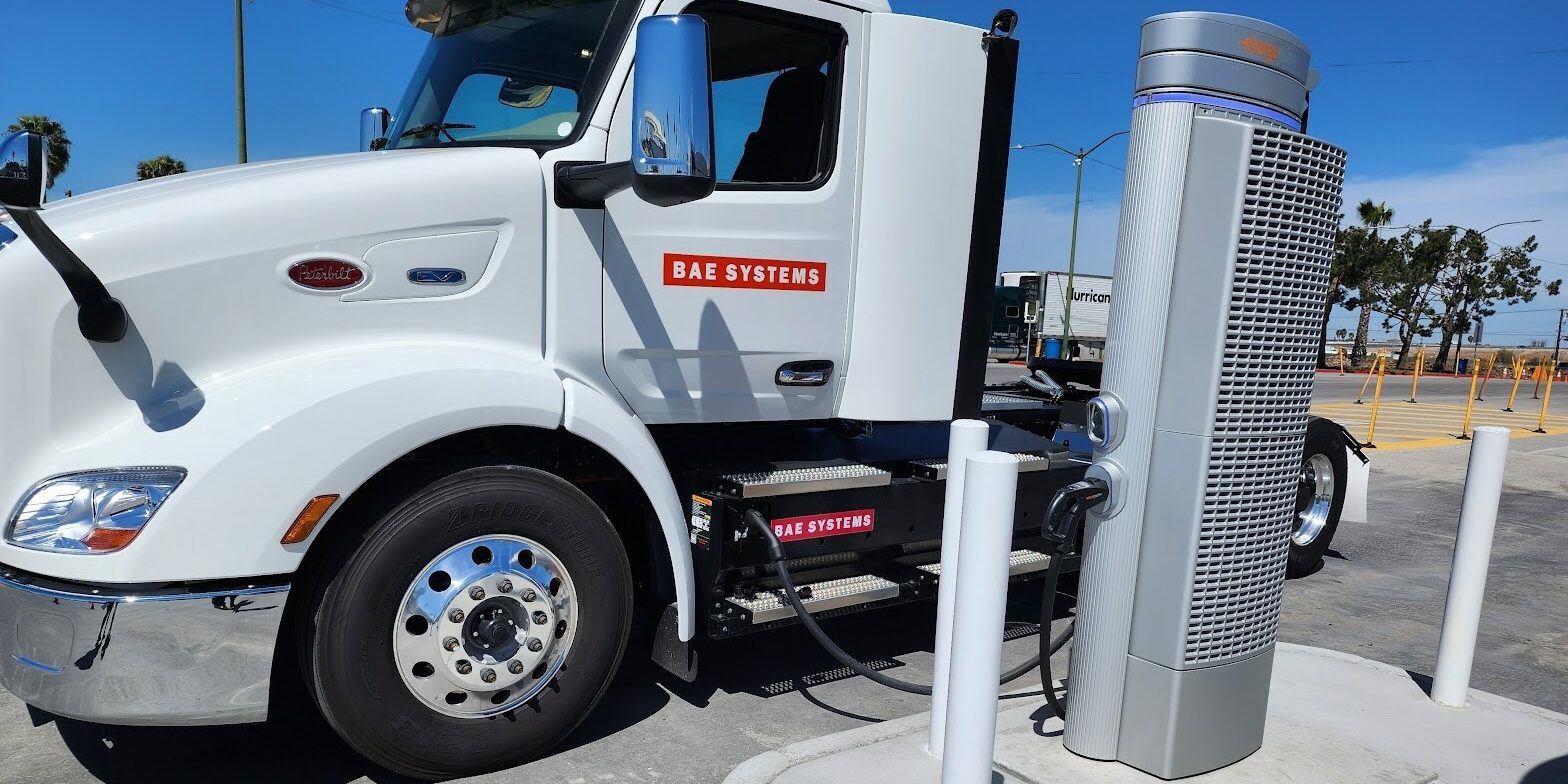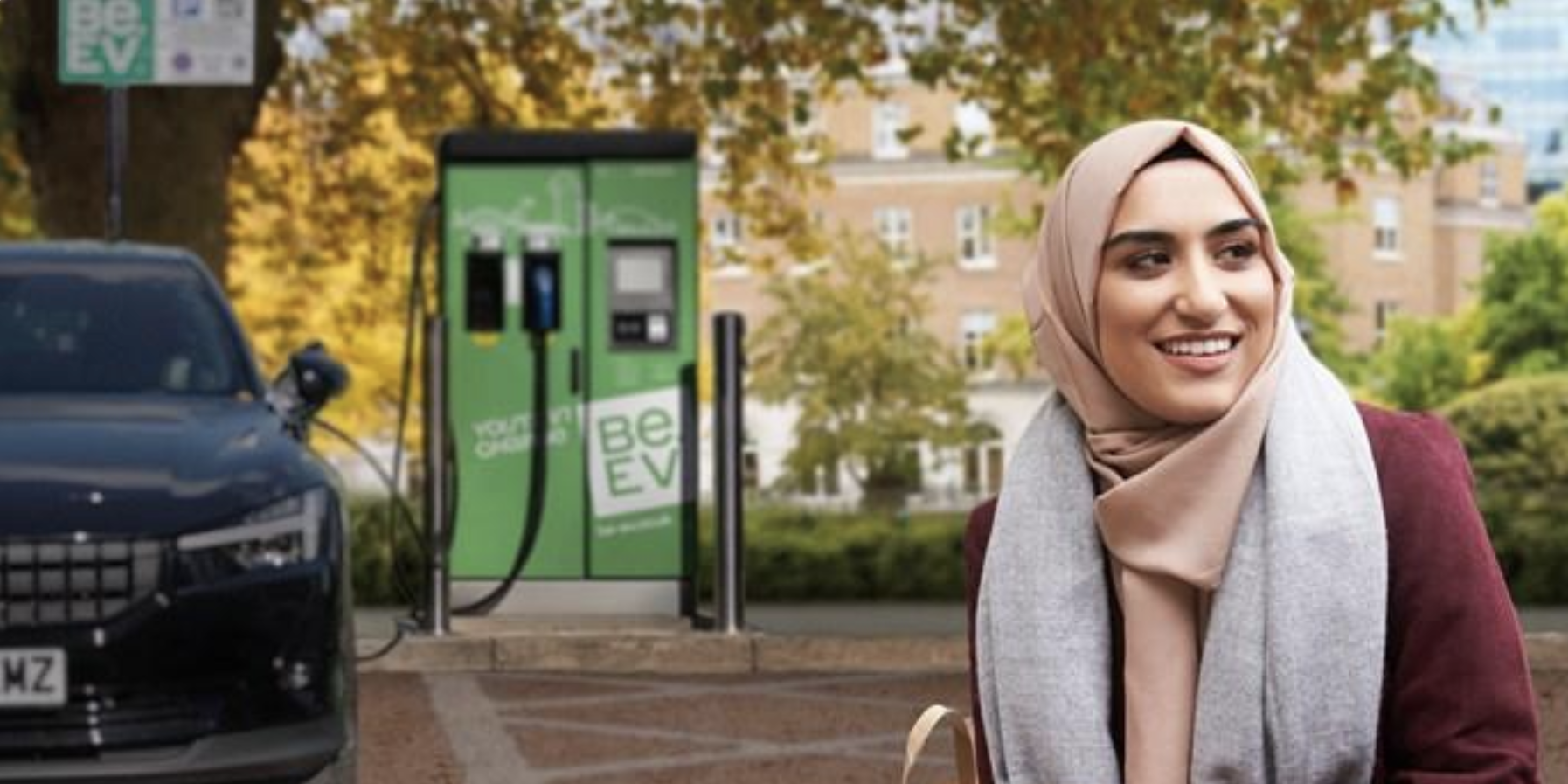The European Parliament has recently reached a preliminary agreement with the EU Council regarding the deployment of charging and hydrogen refueling stations throughout Europe. This decision is part of the EU’s ambitious transport network project, TEN-T, which aims to connect all parts of the Old Continent through highways, roads, ports, and trains.
The new rule mandates that by 2026, there must be charging stations every 60 kilometers along the TEN-T network. This will enable electric vehicles to travel longer distances with ease, addressing one of the main concerns of EV owners – range anxiety. Additionally, these charging stations should offer a minimum of 400kW charging power, which would be increased to 600kW by 2028.
For trucks and buses, there will be charging stations every 120 kilometers, with charging power ranging from 1,400kW to 2,800kW. This initiative aims to encourage the use of electric-powered commercial vehicles and reduce carbon emissions from the transportation sector.
However, this rule does not apply to islands and rural areas with limited traffic and few roads. It is expected that such areas would have different requirements and would need to be addressed separately.
Regarding hydrogen refueling stations, the Council and the Parliament have agreed to have one station at every 200 kilometers along the core TEN-T network by 2031. This decision would promote the use of hydrogen-powered vehicles as an alternative to traditional fossil-fueled cars.
It’s worth noting that this is still a provisional agreement and needs to be approved by the committee of all 27 EU member states before it’s officially set in motion. The Transport and Tourism Committee would also have a say in this decision. Nevertheless, this initiative could significantly accelerate the transition towards a greener and more sustainable future for Europe.

